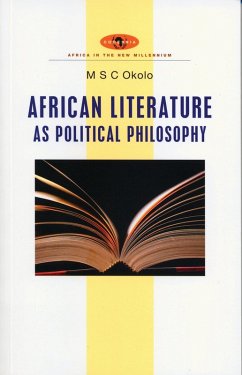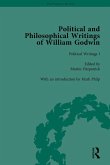The politics of development in Africa have always been central concerns of the continent's literature. Yet ideas about the best way to achieve this development, and even what development itself should look like, have been hotly contested.
African Literature as Political Philosophy looks in particular at Achebe's Anthills of the Savannah and Petals of Blood by Ngugi wa Thiong'o, but situates these within the broader context of developments in African literature over the past half-century, discussing writers from Ayi Kwei Armah to Wole Soyinka. M.S.C. Okolo provides a thorough analysis of the authors' differing approaches and how these emerge from the literature. She shows the roots of Achebe's reformism and Ngugi's insistence on revolution and how these positions take shape in their work. Okolo argues that these authors have been profoundly affected by the political situation of Africa, but have also helped to create a new African political philosophy.
African Literature as Political Philosophy looks in particular at Achebe's Anthills of the Savannah and Petals of Blood by Ngugi wa Thiong'o, but situates these within the broader context of developments in African literature over the past half-century, discussing writers from Ayi Kwei Armah to Wole Soyinka. M.S.C. Okolo provides a thorough analysis of the authors' differing approaches and how these emerge from the literature. She shows the roots of Achebe's reformism and Ngugi's insistence on revolution and how these positions take shape in their work. Okolo argues that these authors have been profoundly affected by the political situation of Africa, but have also helped to create a new African political philosophy.









